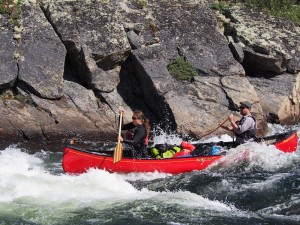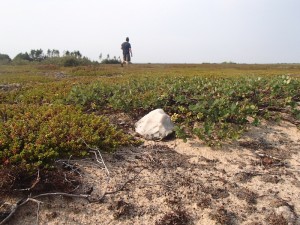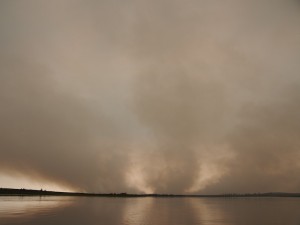Bio
After graduating with a B.A. in Anthropology, Adam worked on numerous projects related to natural and cultural resource management throughout Western Canada. With Blyth & Bathe, he has garnered a wealth of experience delivering community-based environmental monitor training across the NWT and an extensive background in TK consulting work. A recent highlight for him was co-authoring the Species Status Report for Barren-Ground Caribou in the NWT: Traditional and Community Knowledge Component, for which he spent a month paddling the Thelon River.
Adam is wrapping up his MSc in Natural Resources Management, during which he has gained experience in establishing monitoring programs, developed a GIS-based analysis of habitat disturbances, and blended publicly available TK data with his scientific work. He is currently working with a number of communities to develop Guardians of the Land programs and is the technical writer for the Advisory Committee for Cooperation on Wildlife Management.




